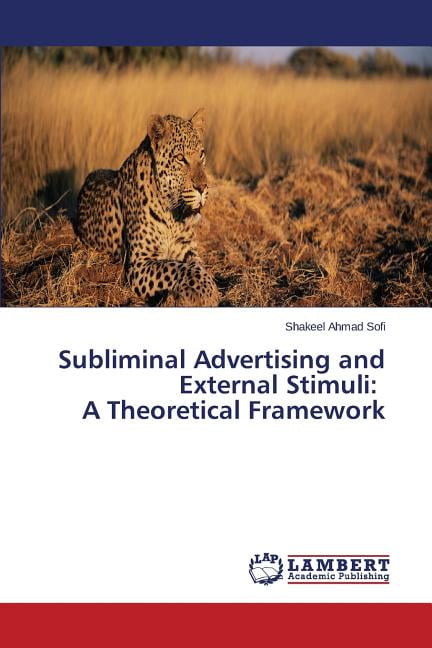
Single-process theories propose that the acquisition of preferences can only happen in a conscious, deliberate, propositional manner. There are currently two dominant families of theories trying to explain the mechanisms that underlie the EC phenomenon. We argue that understanding processes underlying evaluative conditioning could have a major impact on the understanding of preference acquisition in general. Evaluative conditioning (EC) is one way in which preferences can be acquired: When an initially neutral stimulus (the conditioned stimulus or CS) is paired with a positive or negative stimulus (the unconditioned stimulus or US), it is subsequently evaluated in accordance with the valence of the US. Given the multitude of motivations to sway our preferences it is important to establish whether a person's attitudes can be shaped without her becoming aware of the procedure.

The acquisition of preferences plays an important role in our daily life: Companies want us to prefer their products over their competitors', politicians want us to prefer them over their opponents, and governmental bodies want us to adopt a healthy lifestyle. In a third pre-registered experiment, we again found evidence for an EC effect with CSs presented for 1000 ms, and we found some indication for an EC effect for CSs presented for 20 ms. Across two experiments, we consistently found an EC effect for CSs presented for 1000 ms and consistently failed to find an EC effect for briefly presented CSs.


We address potential issues with previous studies on EC with subliminal or near-threshold CSs that limited their interpretation. In a set of three studies, we experimentally manipulate contingency awareness by presenting the CSs very briefly, thereby rendering it unlikely to be processed consciously. The present set of experiments test a crucial prediction to adjudicate between these two theories: Dual-process theory postulates that evaluative conditioning can occur without awareness of the contingency between conditioned stimulus (CS) and unconditioned stimulus (US) in contrast, single-process propositional theory postulates that EC requires CS-US contingency awareness. In the field of evaluative conditioning (EC), two opposing theories-propositional single-process theory versus dual-process theory-are currently being discussed in the literature.


 0 kommentar(er)
0 kommentar(er)
